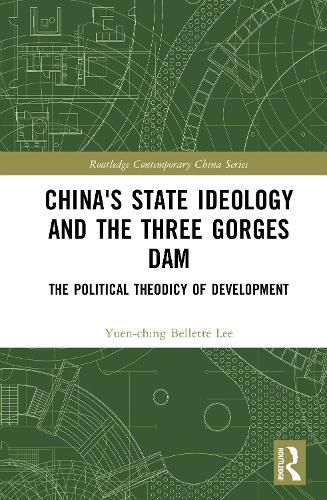Readings Newsletter
Become a Readings Member to make your shopping experience even easier.
Sign in or sign up for free!
You’re not far away from qualifying for FREE standard shipping within Australia
You’ve qualified for FREE standard shipping within Australia
The cart is loading…






This book uses the case of the Three Gorges Dam project to explore the Chinese state's use of ideology, namely the political theodicy of development, as a governing tactic in the reform era.
Presenting observations from fieldwork collected after the dam's completion, it reveals communities who not only embraced their improved livelihoods, but also expressed support for the mega-project and the Party's leadership. However, the research also indicates that the effects of the ideological dissemination surrounding the project were not monolithic, with the development process involving extensive struggles and contradictions, including locals facing unemployment and the fragmentation of their social networks. This disjuncture between the state ideology and social reality thus revealed flaws in the official imperative of political theodicy.
Displaying how the authoritarian rule of the Chinese state can be adaptive in modifying its mode of governance, especially when faced with the unintended consequences of failures, this book will be a valuable resource to students and scholars of Asian environment, development politics, and Chinese politics, history and society.
$9.00 standard shipping within Australia
FREE standard shipping within Australia for orders over $100.00
Express & International shipping calculated at checkout
This book uses the case of the Three Gorges Dam project to explore the Chinese state's use of ideology, namely the political theodicy of development, as a governing tactic in the reform era.
Presenting observations from fieldwork collected after the dam's completion, it reveals communities who not only embraced their improved livelihoods, but also expressed support for the mega-project and the Party's leadership. However, the research also indicates that the effects of the ideological dissemination surrounding the project were not monolithic, with the development process involving extensive struggles and contradictions, including locals facing unemployment and the fragmentation of their social networks. This disjuncture between the state ideology and social reality thus revealed flaws in the official imperative of political theodicy.
Displaying how the authoritarian rule of the Chinese state can be adaptive in modifying its mode of governance, especially when faced with the unintended consequences of failures, this book will be a valuable resource to students and scholars of Asian environment, development politics, and Chinese politics, history and society.